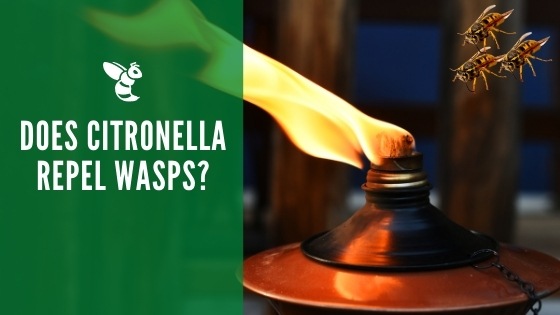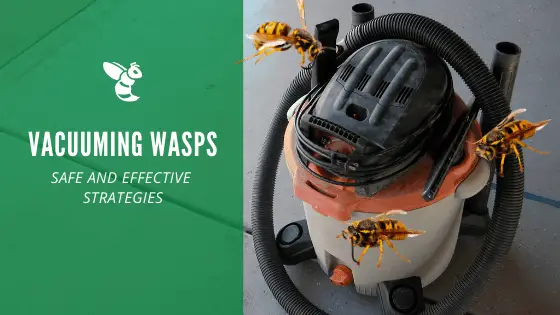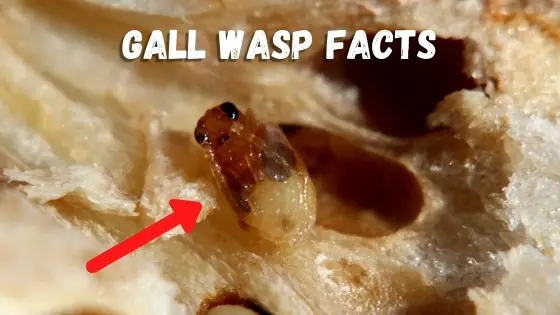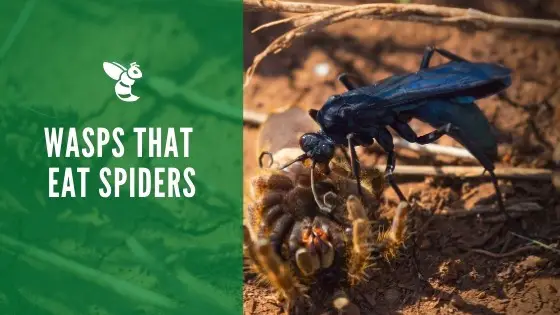Does Citronella Repel Wasps?

When you have a wasp problem on your property, pesticides should be your last resort. There are many other safe and effective methods that you can use to control wasps and keep them at bay. Even if you think you’ve found a pesticide that claims to be safe around children and pets, there are plenty of essential oils that can do a similar job.
You’ll be able to sleep better at night knowing that you and your entire family are safe. Does citronella repel wasps? Indeed it does, but do you know about the other natural oil that can effectively keep wasps at bay?
Why Does Citronella Repel Wasps
Certain oils, such as citronella, have a potent smell that isn’t very pleasing to insects like wasps. Citronella has a citrus-like scent. Wasps generally feed off the nectar of flowers, so a citrus smell isn’t something they prefer.
To humans, citronella can be very strong, so it seems logical that small wasps would find it irritating. Wasps have a very sharp sense of smell and can spot citronella, pesticides, and other essential oils from very far away.
Citronella works by covering the scent that wasps tend to find attractive, making it difficult for them to find a host. The only issue with using citronella is that it needs to be reapplied often. You may need to come back often to keep the smell prevalent.
Do Citronella Candles Help to Repel Wasps?
Maybe you have a wasp nest on your property, but you don’t care to remove it. After all, wasps can be beneficial for controlling the population of other insects that you might not want around.
If you’re going to be spending time outside and want to make sure that the wasps leave you alone on your patio or porch, you can use a citronella candle to keep them away. Candles can be an effective repellent if you plan on being outside for an extended period of time. As long as the candle is still burning, you will not need to reapply any oils or sprays. Citronella torches are also useful and are often decorative.
What Other Smells Do Wasps Hate?
Several essential oils can be used to repel wasps. Aside from citronella, clove oil is an excellent repellent. It can be sprayed onto a nest or nearby to repel wasps. It’s entirely safe for other foliage. It can even come into contact with your skin and not cause any harm.
You will need to reapply clove oil, but it tends to stick around a little bit longer than citronella. Wasps also don’t like all varieties of mint, like spearmint and peppermint.
Other Insects That Do Not Like Citronella
Citronella is irritating to many insects, but it’s important to realize that citronella doesn’t kill insects. It’s used as a way to prevent insects from detecting that humans are around. Humans can safely breathe in citronella, and insects don’t have any adverse health effects from citronella aside from an irritated mood. You can use citronella to keep insects away, such as wasp, bees, moths, flies, mosquitoes, fleas, gnats, ticks, ants, roaches and even fleas.
Other Citronella Strategies
If you have an insect problem in your home that you want to take care of in a more natural form, you can soak cotton balls in citronella oil. Place the cotton balls in areas where you’re noticing the most bug activity.
You can also place them in the frames of your windows or doors if you want to keep insects from squeezing in through the screen or cracks. Just remember to come back to refresh the scent often.
Using citronella to remove or prevent wasps is an efficient option if you want to keep humans and pets in the area safe, but this is also an effective treatment option that is safe for nearby shrubs, crops, and insects that you don’t mind having around.
Citronella can be found in several forms, such as candles, spray, and straight oil. You can also create your own essential oil sprays to use inside or around your home. Because essential oils can sometimes cause an allergic reaction in sensitive individuals, only use a little bit of citronella as a test before using it liberally or subject yourself to its scent for long periods.



